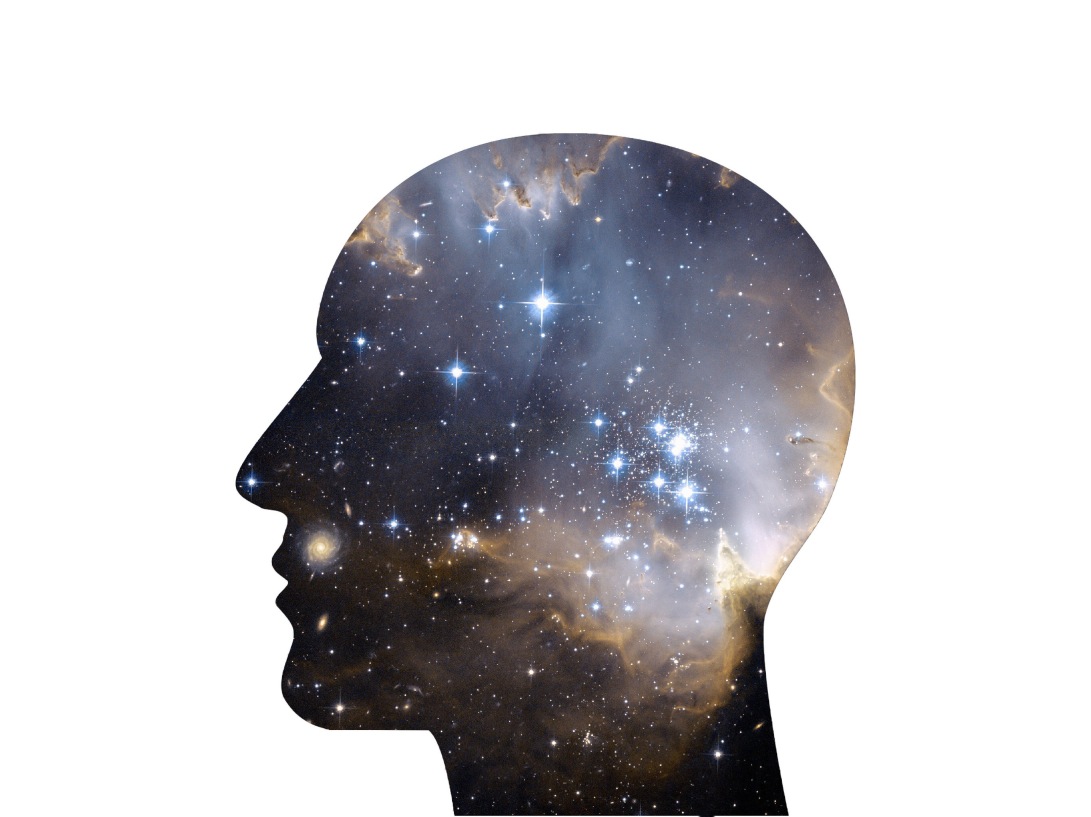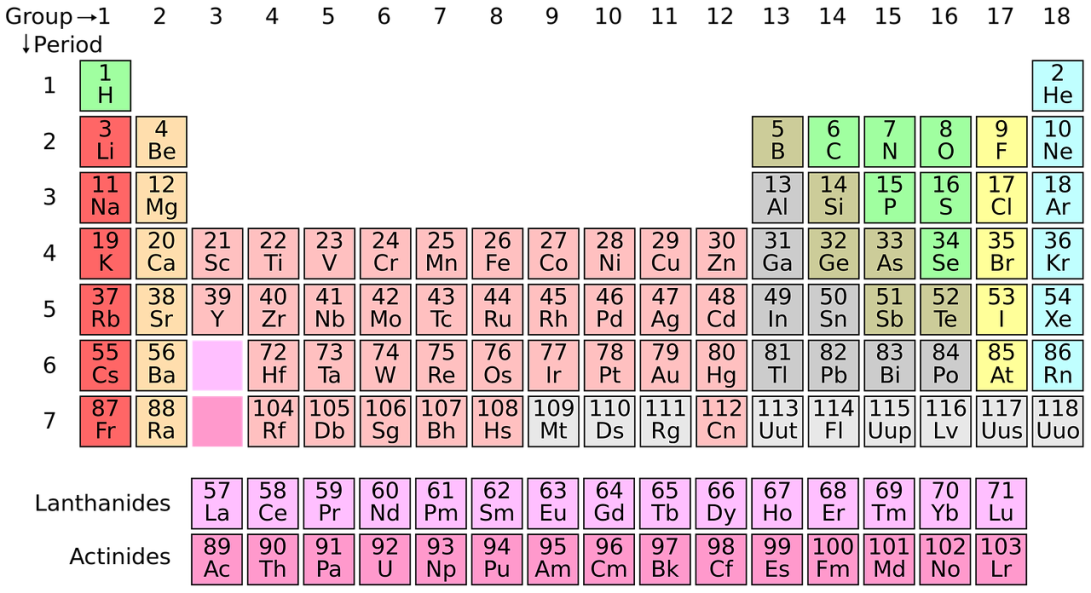Reimagining the Mind

The story of what it means to be human is fundamentally a story about the search for meaning. But what if our ability to find a sense of meaning arises from our ability to sense the world around us? Just as matter emerges from distinct levels of physical interactions — with atoms giving rise to molecules giving rise to cells — perhaps the mind emerges from distinct levels of cognitive interactions. Informed by Uri Wilensky and Mitchel Resnick’s work on emergent levels; Andrew Ortony, Donald Norman, and William Revelle’s work related to levels of cognitive processing; and Terrence Deacon’s work involving the levels of representation, this perspective of cognition reimagines the mind as a universe of emergent complexity.
observations
observations 2 of 7
LOOKING OUTWARD

Human beings have a wonderful imagination. Gazing up at the night sky, we can envision ourselves on a planet that’s spinning through a solar system, among billions of other solar systems spinning through a galaxy, among billions of other galaxies spinning through space. We are able to contemplate the complexity of the universe, and we’re aware that there is more out there than humanity may ever discover or even be able to comprehend.
observations 3 of 7
LOOKING INWARD

That complexity also exists within us. As living organisms, we have bodies, and those bodies have cells, and those cells have molecules, and those molecules have atoms, and those atoms have sub-atomic particles. All of which is to say that being alive is no simple matter.
observations 4 of 7
LOOKING FOR MORE

In the midst of all this complexity, we know that we are more than the sum of our physical parts. But what is that something more? Why are we aware of it? How has it enabled us to move, sense, feel, and think in the world? Can it really be a product of the chemical signals, neural activity, and computational processes of the brain?
observations 5 of 7
Q&A

These questions address some of the biggest mysteries in the universe. Even with all the amazing advancements in science and technology, it’s possible we will never get all the answers. However, we do know that whatever answers we find will depend on what questions we choose ask, where we decide to look, which doors we select to open.
observations 6 of 7
MIND & MATTER

“Mind” is an ambiguous reference to the processes of cognition, awareness, and consciousness. A lot of modern research about the mind focuses on cognition as a function of the brain. The underlying question, though, is how mental awareness emerges from the physical awareness. We already know that our physical bodies are manifestations of complex patterns and levels of interaction among forms of matter. What if cognition involves similar patterns and levels of interaction among forms of mind?
observations 7 of 7
REFRAMING THE QUESTION

From living organisms to cells to atoms, more complex forms of matter emerge from less complex forms of matter. What if we reframe the question of cognition by asking how we might understand it in terms of more complex forms of mind emerging from less complex forms of mind? To explore this question, we need a generalizable description of the emergence of complex systems that we can then use as a template for describing an emergent systems perspective of cognition. But before we start exploring, we need to orient ourselves relative to current perspectives of cognition.